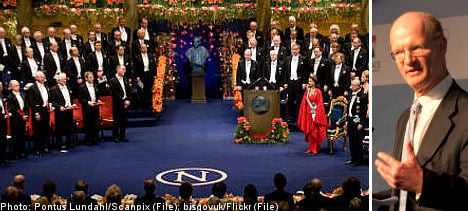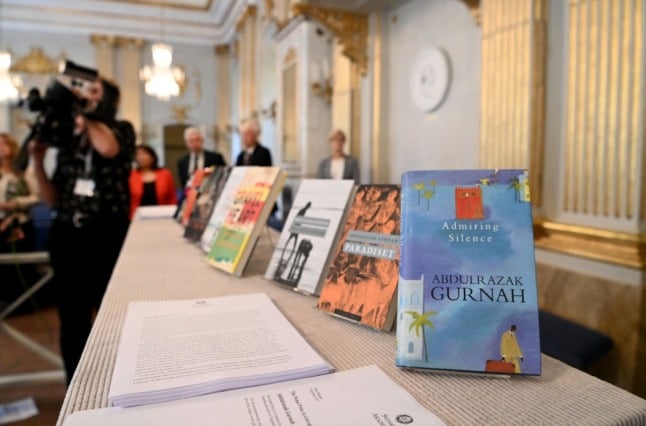Today four UK-based scientists will be receiving Nobel prizes as testament to their work. As the UK minister for science, I’m thrilled to coming to Stockholm to see them collect the very highest of accolades
Recognition from the Nobel committee has come in three very different fields. Robert Edwards, from Cambridge University, is a pioneer in in-vitro fertilisation. Christopher Pissarides (London School of Economics) is an expert on the economics of unemployment.
The Manchester University pair of Andre Geim and Konstantin Novoselov are responsible for developing graphene – a sheet of carbon just a single atom thick and therefore practically transparent.
Graphene conducts electricity as well as copper; with heat, it outperforms all other known materials. Its potential applications include ultra-fast transistors, transparent touch screens and solar cells.
Professor Geim recently described the significance of his team’s discovery to me. Like produce from a well-cultivated vineyard, he said, “The first glass is just a taster. The serious stuff will follow.”
Breakthroughs of this kind do not occur as if by magic. Each one depends on sustained long-term investment in science. In the UK, like Sweden, we recognise the significant contribution of our research base to economic growth and to social well-being.
For this reason, we have protected our national science budget in spite of huge pressures on the public purse.
It is clear, however, that research is becoming an ever more collaborative – and international – endeavour. Professor Pissarides, for example, is sharing his Nobel Prize with two US-based economists.
Sweden and the UK’s track record for research collaboration is a good one, with university teams and businesses working on cleaner biogases and -fuels; on vaccines and food security; on energy-efficient computers and buildings.
These challenges face us all and common approaches are required to meet them head on.
In the new year, our prime ministers will meet – along with other leaders from the Nordic Baltic region – to discuss further possibilities for innovative partnerships in such areas of mutual strength.
In this way, we can better provide the resources necessary to support the next Anders Celsius or Carl Linnaeus – or the next James Watson/Francis Crick partnership. Such exceptional talents transform understanding of our world, and our ability to share it.
David Willetts, UK Science Minister



 Please whitelist us to continue reading.
Please whitelist us to continue reading.
Member comments